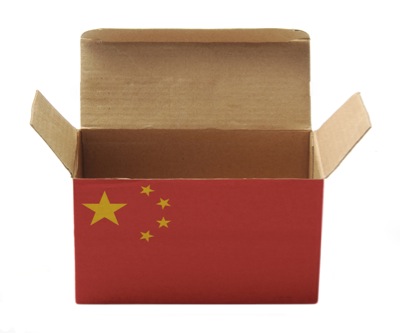Japan urges dialogue with China on rare earths

Japan, the world’s main importer of rare earths, has requested international assistance for alternatives, conservation, diversification and recycling and to continue dialogue with China to secure stable global supply, reports Bloomberg.
“The supply chain of rare-earth related products is connected globally,” Keiro Kitagami, vice minister at the Ministry of Economy, Trade and Industry, said at the EU-Japan- U.S. conference on critical materials in Tokyo today. “Problems with rare earths are a common global challenge.”
China dominates the world’s rare earths production, accounting for more than 95% of global supply – a situation that has often generated protests from foreign manufacturers who rely on Chinese rare earths.
Two weeks ago, the U.S., Japan and the European Union filed an official complaint at the World Trade Organization, urging the body to take actions against China’s restrictions on these metals.
In 2011, Beijing imposed an export quota of 30,184 metric tonnes, marginally reduced from 30,258 metric tonnes in 2010. For 2012, based on analyst calculations, the country’s full-year quota may hit approximately 31,130 metric tonnes.
China underlined that it feels that export restrictions are necessary in order to maintain domestic demand and protect the environment. The WTO responded by stating that it considers the argument illegitimate and that China has been “unable to demonstrate” the benefits of its policies on the environment. At present the ruling does not include rare earth metals, however analysts are hoping to see China alter some of its rare earth policies as a result of the ruling moving forward.
In the meantime, Chinese companies are benefitting significantly: The country’s largest rare earths producer, Inner Mongolia Baotou Steel Rare Earth Hi-Tech Co (SHA:600111), announced on Tuesday that its net profit in 2011 quadrupled from a year earlier, rising to $552m. The jump in profits, reported China Daily, sent the share prices up 8.4% during trading.
The main reason for the surge in profits, says Financial Times’ analyst Leslie Hook, was high rare earths prices. Last year, in the midst of China’s crackdown on illegal rare earths mines, prices for rare earths went up by as much as ten times their value from 2011, before beginning to gradually come down again.
{{ commodity.name }}
{{ post.title }}
{{ post.date }}




Comments